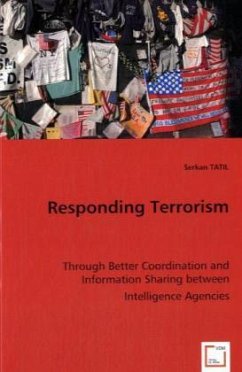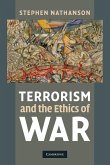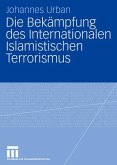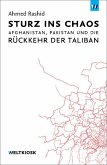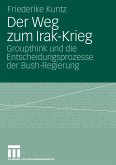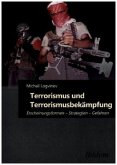Terrorist attacks such as 9/11 and the Istanbul suicide bombings revealed the importance of information sharing and coordination between intelligence agencies. It was uncovered after the attacks that these devastating events might have been prevented with better coordination and information sharing. The US government took substantial steps towards ensuring better information sharing between the members of its own intelligence family after the 9/11 terrorist attacks. On the other side of the world, suicide bombings in Istanbul in November 2003, in which 57 people including British Consulate General Roger Short were killed and other several hundreds were injured, were the deadliest terrorist attacks in the history of Turkey. Again in this incident poor intelligence sharing between intelligence agencies was to blame. This study attempts to analyze the response of the US and Turkish governments and intelligence agencies to the events of 9/11 and the November 2003 Istanbul bombings. This book attracts a wide variety of readers, from people who are curious about these drastic events and espionage to career seekers or professionals in the area of intelligence and law enforcement.
Bitte wählen Sie Ihr Anliegen aus.
Rechnungen
Retourenschein anfordern
Bestellstatus
Storno

